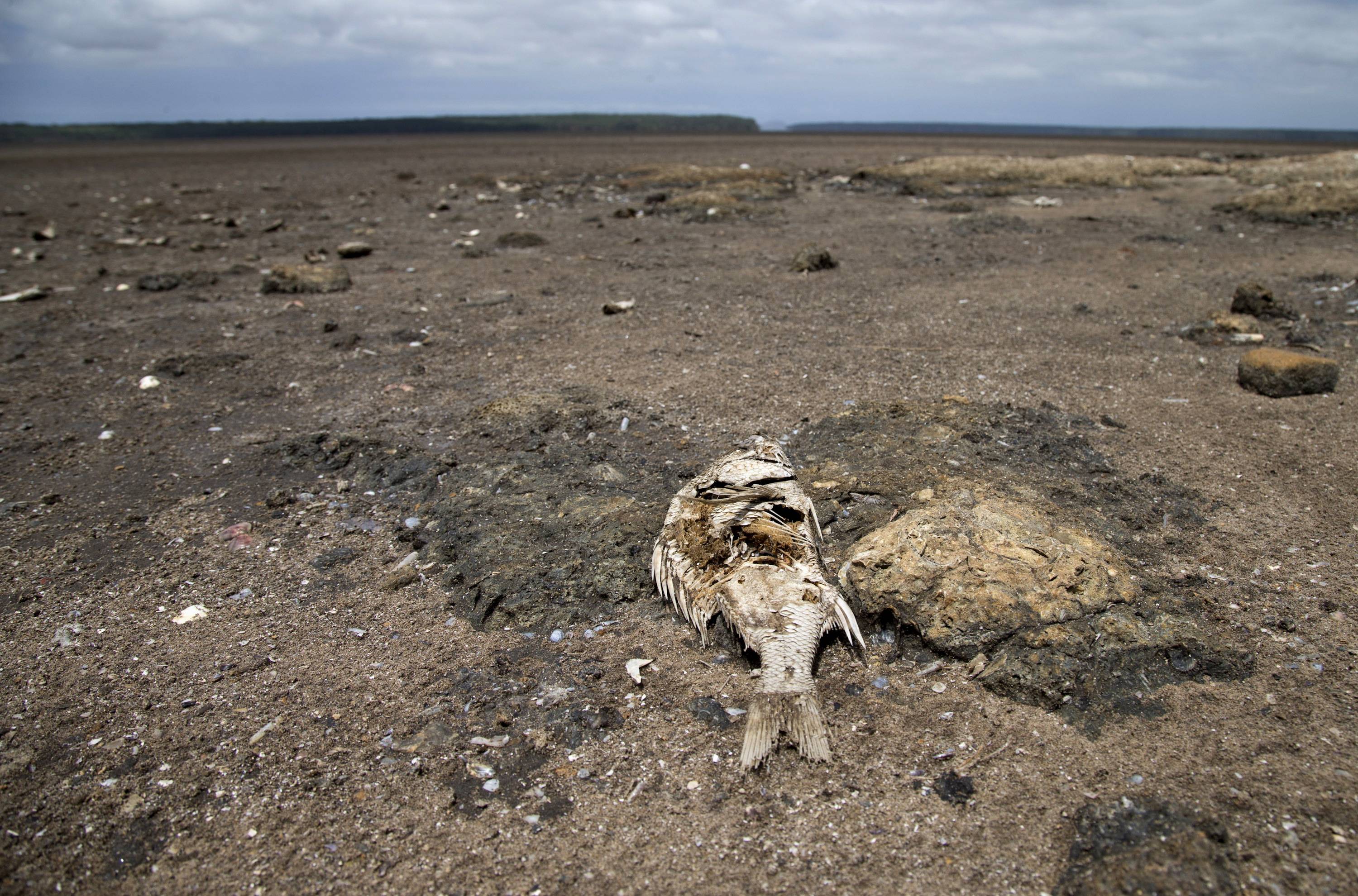The African continent is warming quickly, and climate change is expected to disproportionally affect every aspect of life there, from human health to food security and economic growth, according to the World Meteorological Organization’s first-ever State of the Climate in Africa report.
Temperatures in Africa have increased over 1 degree Celsius compared to the average between 1901 and 2012, and warming in large areas of the continent may exceed 2 degrees from pre-industrial times by 2080 to 2100 if emissions continue at their current levels, according to the report released on Monday and coordinated by the WMO.
"We know that climate change impacts we suffer today are consequences of development choices that countries, mainly developed, adopted over the years,” said Vera Songwe, executive secretary of the United Nations Economic Commission for Africa. "Africa is more vulnerable than most and, even if it is the least responsible, it also has the most viable solutions.”



















With your current subscription plan you can comment on stories. However, before writing your first comment, please create a display name in the Profile section of your subscriber account page.